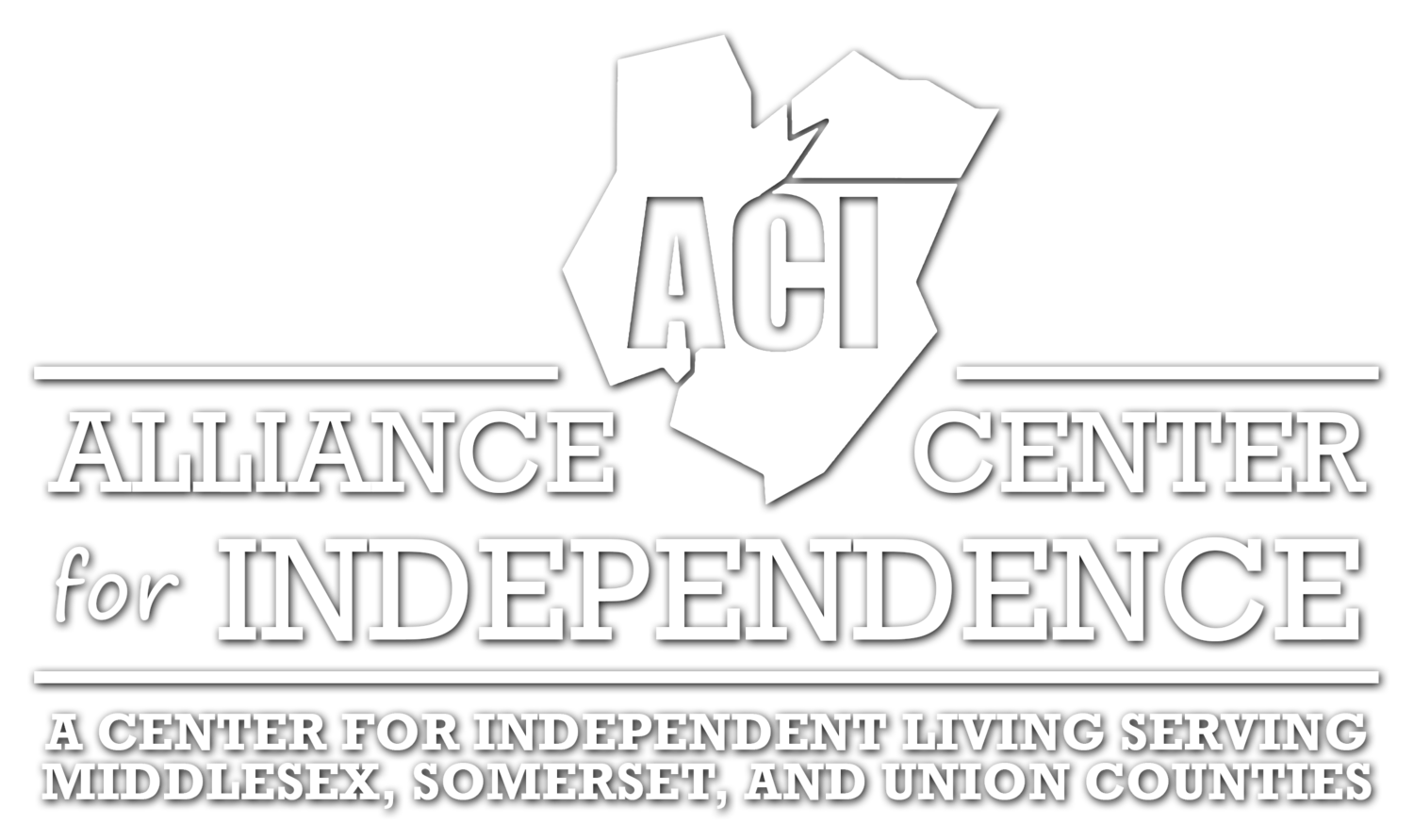The following is an article from njtvonline.org
Nybil Ghanem recalls when he went to Atlantic City several months ago, it was hard to get some places.
“I just thought it was very unfair that someone couldn’t get up to certain card table venues because of the stairs,” he said.
Ghanem encountered examples of what the Justice Department says it discovered in a four and a half year review: violations of the Americans with Disabilities Act at five Atlantic City hotels, casinos and restaurants — Resorts Casino Hotel, Tropicana Casino and Resort, Sheraton Atlantic City Convention Center Hotel, The Rainforest Café at the former Trump Plaza and Trump Taj Mahal.
The violations include doors that require too much force to open, doorways that are too narrow for passage, gaming tables that are too high for wagering and disability parking spaces without signage.
But, instead of suing the businesses for damages, the Justice Department has reached settlement agreements. “The agreements require the hotels and casinos to remedy any violations, enabling people with mobility impairments to fully access these facilities.” The agreements include training staff and give businesses six months to two years to comply.
Sheraton’s general manager told NJTV News his property has finished one stage, and is now retraining staff and will complete the third stage of widening doorways in the winter.
When asked why the Sheraton, built in 1997 — seven years after ADA became law — failed to comply, General Manager Jeff Albrecht says it’s his understanding some parts of the Act are subject to different interpretation.
But, he says, “We want to be in compliance. We’re working feverishly. The ADA is important to us. We want everyone to know they’re welcome.”
The Alliance Center for Independence says 25 years after the enactment of the ADA, these are the kinds of battles that should have been fought and won by now.
“We’ve been fighting this and trying to work and educate people about this for many years. So it’s great that they’re going to make the changes, but they should have been made prior,” said Carole Tonks.
Tonks is the executive director of the Alliance Center for Independence. It’s been around as long as the ADA has. Tonks says she welcomes the Justice Department review and the agreements because too often individuals are the ones left to complain about and lobby to remedy the violations.
“While the ADA has opened up numerous opportunities for people to go to school, and for people to be employed without discrimination, there’s still, we have a lot, a long way to go I should say because there is not enforcement and quite frankly people get tired of fighting,” Tonks said.
Ghanem says society needs more education.
“I think it has a lot to do with a lack of awareness and a lack of understanding on how people with disabilities live considering the barriers that face them,” he said.
The Justice Department says it’s listening and welcomes complaints.



